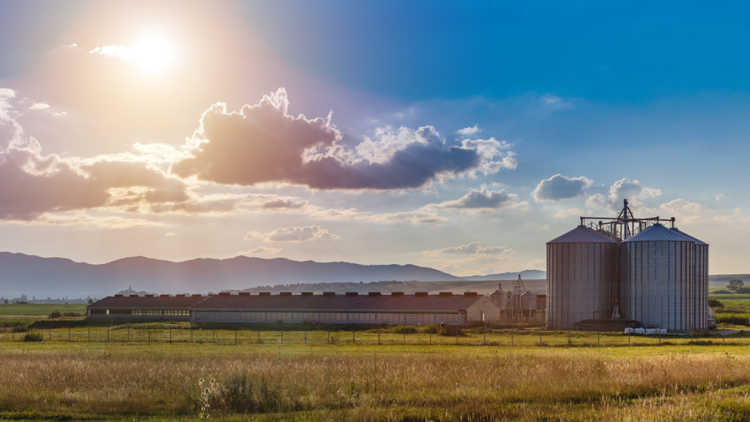Asset values: When and how to review for better farm management

From transition planning to day-to-day bill payments, knowing the dollar value of your assets is a critical part of managing a farm business.
Values can change drastically over time and space, however. Regular evaluation of farm assets and their worth is important for various best business management practices.
What constitutes an asset?
Equipment and vehicles, buildings and property constitute several key asset categories. Mike Bossy, Chartered Professional Accountant, says other examples include tile drain infrastructure, quota by farm and type, solar panels and bunk silos.
Do a yearly estimate. It’s part of determining your net worth.
“A subledger of [all] assets should be maintained,” Bossy says, adding that asset reviews should be conducted yearly. The need for an appraisal could spur it for lending purposes or before selling a piece of machinery, for example.
“Do a yearly estimate. It’s part of determining your net worth. Changes in net worth is a measure to determine if you are moving ahead.”
Assess value
Determining the dollar value of an asset can take many forms. Bossy says best management practices include awareness of local business activity and transactions, values highlighted by dealers, suppliers and realtors, and recent appraisals from or performed for lenders.
Taking depreciation into account is also important.
“The difference between the original cost and accumulated amortization is the net book value,” Bossy says.
He recommends using a spreadsheet like Excel or Google Sheets to track market value and net worth and the fluctuations.
“The accountant-prepared balance sheet is always at original cost, less amortization,” Bossy says, adding that FCC software like AgExpert has a function for tracking estimates of market value.
Make way for differences
According to Andrea De Groot, FCC farm business advisor based in Stratford, Ont., operators should establish a range of asset values to account for non-linear impacting factors.
“Equipment is one thing; real estate and capital assets like barns are another. There can be many differences from building to building and farm to farm. That can significantly impact your net position,” she says.
“The adage that equipment depreciates as soon as it’s driven off the lot isn’t necessarily true,” de Groot says. “Demand and supply chain issues, for example, can make a difference.”
She points to three important pieces that go into assessing assets.
1. Analyze the local market
This is a good method of establishing asset values by oneself. Tools and analyses such as the FCC Farmland Values Report can help. So can making use of a third party, particularly if there is more than one person to whom the assessment applies. Accountants and other professionals, she says, make it their business to pay close attention to dollar values.
2. Know why you want the information
“Understand why you want to get the update; whenever we talk about any capital assets, it’s more than just your cash flow impact. It’s thinking about how it comes back to your cost of production. Are we trying to establish the top dollar? Does it have to do with farm transition? Is it for insurance updates, or to determine if they want to retain ownership of a certain piece of equipment or asset, or not?”
3. Know who owns what
Knowing who owns the asset in question — and in what proportion — is also critical.
Is it owned by the corporation or personally? The answer affects the tax implications when a farm asset is personally owned. One farm partner may also believe an asset is an even 50-50 split when things are different.
“Business changes happen naturally, but it can get complicated. Until you sell or upgrade an asset, you must know who owns it and its structure,” de Groot says.
Working on your money management? Check out our Money & Finance Guide.
Article by: Matt McIntosh

Changes to the federal tax on split income rules have gone through revisions in the last few years, and some experts say they are still seeking clarity on some aspects of the rules.
